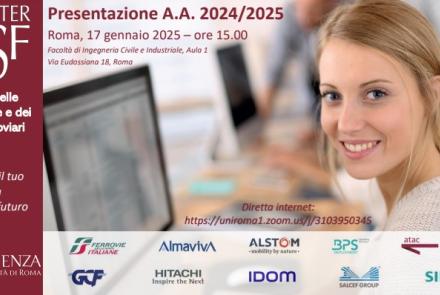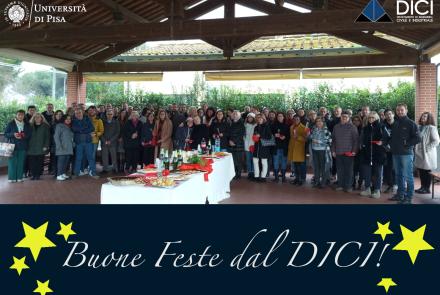BUILDCHAIN
BUILDing knowledge book in the blockCHAIN distributed ledger. Trustworthy building life-cycle knowledge graph for sustainability and energy efficiency
HORIZON-CL4-2022-TWIN-TRANSITION-01
Start date: 1 January 2023
End date: 31 December 2025
Project Cost: € 5 182 600
Coordinated by Università di Pisa
Project Coordinator: Pietro Croce
The idea is to Build a Knowledge Base, that can be used to trace all activities related to the overall life-cycle of buildings. Since various directives of the EU are related to sustainability, resilience and energy efficiency of building stock, it is necessary to provide a marketplace where various actors can share their offers, including their quality certificates and credentials, and where it would be possible to log and trace every information, activity and change, and use the knowledge to improve sustainability.
The project will extend a Digital Building LogBook (DBL), used by a municipality for the management and the administration of its huge set of buildings, with several available and novel data, tools and functionalities, by the help of a Decentralized Knowledge Graph (DKG), an open source blockchain-based solution. DKG software will include specific building-related ontologies, so that the whole knowledge base about the life-cycle of the building can be logged and by that continuously updated, providing mechanisms and interfaces for the relevant stakeholders, to publish, trace, share, tokenize, end even trade models in a market economy. Such information integration can support decisions on optimal adaptation and intervention planning strategies for large populations of buildings.
The DBL will be integrated with several new functionalities demonstrated on a dozen of use cases via easily accessible and publicly available APIs. These functionalities will assure a high interoperability between legacy systems and existing tools (e.g. BIM, HBIM), compliance with standards, providing automated warning and alerting system with the help of machine learning tools, digital twinning, and decision-making support. The new DBL based applications will be tested on pilot projects focusing on historical and critical buildings, and on building stocks.
The project targets a smarter and more sustainable built environment of the EU providing new market and new value creation.






